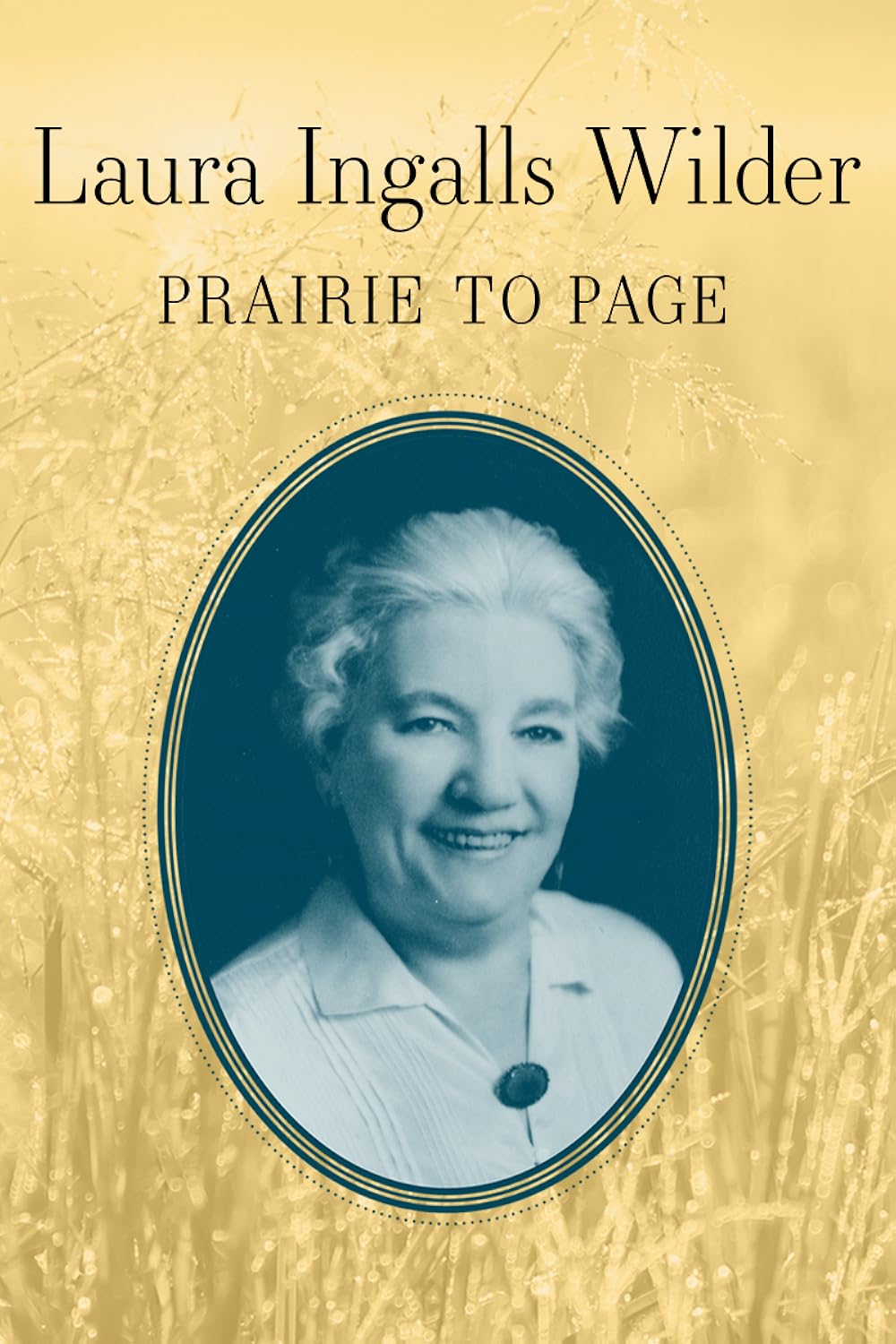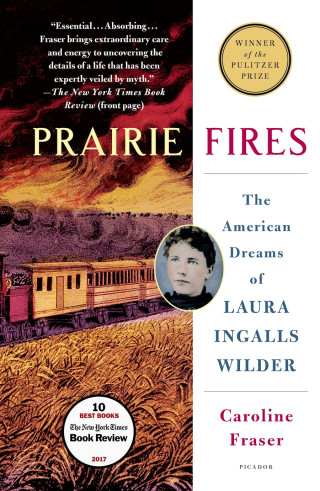Despite the hardships Wilder detailed in the Little House books, the reality was often worse. Wilder lived in 15 different homes by the time she was 14 and worked to support the family from the age of nine onwards. Charles Ingalls was a wonderful father, loving husband, and a dedicated family man—From Prairie to Page makes clear that Wilder’s books are, in many ways, an homage to him. But he also lurched from one financial failure to the next, often borne out of his profoundly incompatible desires for both a profitable farm and his longing to live in the unsullied wilderness. Even Wilder herself may not have realized how dire their financial situation was at times.
One example of this is the Ingalls family’s situation after the devastation of the Rocky Mountain locust plague in 1875, which Caroline Fraser describes in chilling detail in her magnificent Prairie Fires: The American Dreams of Laura Ingalls Wilder, and which Wilder details in On the Banks of Plum Creek. The locust swarm, Fraser writes, was “110 miles wide, 1,800 miles long, and a quarter to half a mile in depth. The wind was blowing at 10 miles an hour, but the locusts were moving even faster, at 15. They covered 198,000 square miles…the cloud consisted of some 3.5 trillion insects.” It was the largest in recorded human history. Charles Ingalls, as Wilder’s readers will know, desperately fought—and failed—to save his crops. In their wake, the locusts left the fields and creeks filled with eggs, ensuring the farm would be a failure. Charles walked 200 miles east for work, and on November 30, was forced to sign a statement in the presence of county officials that he was “wholy [sic] without means” in order to get two half-barrels of flour for his family. Fraser, who features prominently in From Prairie to Page, suspects that he never told them how he acquired the supplies.
One very much gets the sense that the documentarians—as well as nearly everyone they selected to opine on Wilder’s life and legacy—are deeply suspicious of Wilder’s conservatism and her daughter Rose’s well-known libertarianism. Both mother and daughter despised Franklin Delano Roosevelt; Wilder felt that the New Deal was too much government overreach, and that people needed to work more and whine less. Some have interpreted this as callousness or obliviousness to the way government tipped the scales for her own family (the Homestead Act being an obvious example), but Wilder’s life of poverty and backbreaking labor certainly granted her an informed perspective on the matter. Wilder found the “Communists in Washington…exasperating.”

